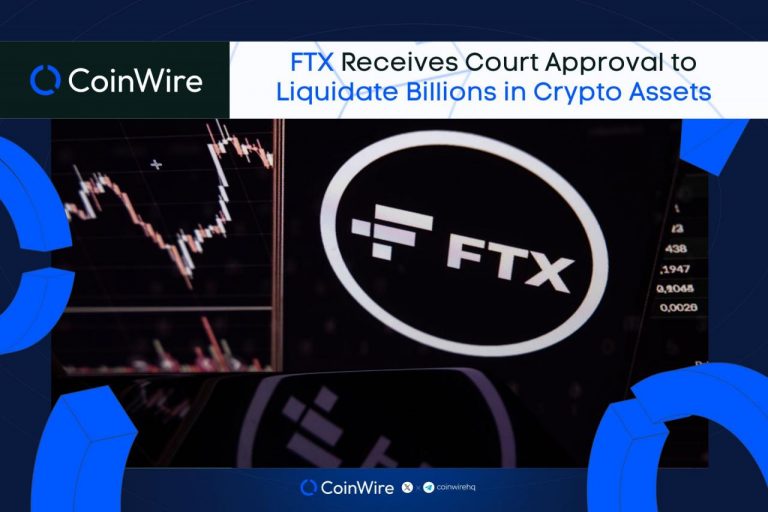Beginning with crypto jargon meaning, the narrative unfolds in a compelling and distinctive manner, drawing readers into a story that promises to be both engaging and uniquely memorable.
In the rapidly evolving world of cryptocurrency, understanding the specific language and terms used can significantly enhance one’s knowledge and participation in the blockchain space. As crypto becomes a more mainstream investment avenue, grasping these terms is crucial for investors and traders alike. This guide seeks to unravel the complexities of crypto jargon, making it accessible to both newcomers and seasoned enthusiasts.
Understanding Crypto Jargon
In the rapidly evolving world of cryptocurrency, jargon plays a crucial role in shaping communication and understanding among enthusiasts and investors. The language used in the crypto space can often be perplexing, filled with terms and acronyms that may seem like a foreign language to newcomers. This article aims to unpack the significance of crypto jargon, offering clarity on common terms and their importance for those involved in the blockchain ecosystem.Understanding crypto jargon is essential for effectively navigating the complexities of the cryptocurrency market.
Investors and traders who grasp these terms are better equipped to make informed decisions, communicate effectively with peers, and stay updated on industry developments.
Commonly Used Terms in Cryptocurrency
To truly get a handle on the crypto space, one must familiarize oneself with the essential terms that frequently pop up in conversations, articles, and social media discussions. Below is a list of some of the most common crypto terms along with their definitions:
- HODL: Originally a misspelling of “hold,” this term has evolved to mean holding on to one’s investments rather than selling, especially during market volatility.
- FOMO: An acronym for “Fear Of Missing Out,” it describes the anxiety that an investor feels when they believe they might miss out on a profitable investment opportunity.
- Altcoin: Refers to any cryptocurrency that is not Bitcoin, including thousands of alternative coins with various features and uses.
In practical terms, if a crypto enthusiast is faced with a sudden price surge in an altcoin they’re interested in, they might experience FOMO, prompting them to HODL their investments rather than sell in panic.
The Evolution of Crypto Terminology
The terminology in the cryptocurrency space has undergone significant changes since Bitcoin’s inception in 2009. Many terms originated from early discussions among developers and have since been adopted by the broader community. As technology has advanced, new jargon has emerged, reflecting innovations and trends. For example, terms like “smart contracts” and “DeFi” (Decentralized Finance) have gained traction alongside developments in blockchain technology.
Comparing traditional financial terms with their cryptocurrency counterparts reveals fascinating differences. For instance, “decentralization” in crypto contrasts sharply with the centralization found in conventional banking systems.
The Role of Community in Shaping Jargon
Different crypto communities significantly contribute to the development and adoption of new terms. Each community often has its unique slang or jargon, which can enhance engagement but may also create barriers for newcomers.Social media platforms like Twitter and Reddit play a pivotal role in disseminating cryptocurrency jargon. Hashtags and trending topics can quickly popularize terms, making them a staple in crypto conversations.Examples of terms unique to specific communities include “Shill” (promoting a coin or token), which is frequently used in the context of altcoin discussions, particularly in forums and social media channels dedicated to cryptocurrency.
Challenges of Understanding Crypto Jargon
Newcomers to the cryptocurrency space often face several barriers to understanding the jargon that permeates discussions. The fast-paced nature of the industry and the constant influx of new terms can be overwhelming for those just starting.This jargon can impact accessibility and inclusivity within the community, as individuals may feel alienated or intimidated by the specialized language used. To overcome these challenges, educational resources such as glossaries, webinars, and tutorials are invaluable.
Many platforms now offer guides specifically designed to demystify crypto terminology, making it easier for new entrants to grasp the concepts.
Future Trends in Crypto Jargon
As technology continues to evolve, the cryptocurrency space is likely to see the emergence of new terms that encapsulate future advancements. Concepts like “Web 3.0” and “NFTs” (Non-Fungible Tokens) are examples of jargon that have recently gained prominence and may lead to further terminology development.Global regulations also have the potential to shape the language of cryptocurrency. As governments implement new policies, terms related to compliance and regulation may become commonplace in discussions.Cultural differences can significantly impact how jargon is understood across global communities.
For instance, certain slang or idiomatic expressions may resonate differently with audiences in various regions, highlighting the need for adaptable communication within the crypto sphere.
Concluding Remarks
In conclusion, navigating the landscape of crypto jargon is essential for anyone looking to thrive in the cryptocurrency market. By understanding the terms and their evolution, individuals can better engage with the community and make informed decisions. As technology and regulations evolve, staying updated on new jargon will continue to be a vital part of participating in this dynamic field.
Query Resolution
What does HODL mean?
HODL is a misspelling of “hold” and refers to the strategy of keeping cryptocurrency rather than selling it, especially during market fluctuations.
Why is understanding crypto jargon important?
Understanding crypto jargon helps investors make informed decisions, engage effectively with the community, and avoid miscommunication.
How can newcomers learn about crypto jargon?
Newcomers can learn about crypto jargon through online resources, forums, educational platforms, and by engaging with experienced community members.
What is FOMO in the context of cryptocurrency?
FOMO stands for “Fear of Missing Out,” which describes the anxiety that investors feel when they believe they might miss a profitable opportunity in the crypto market.
What is an Altcoin?
An Altcoin refers to any cryptocurrency other than Bitcoin, often created to improve upon or offer alternative features to Bitcoin.
